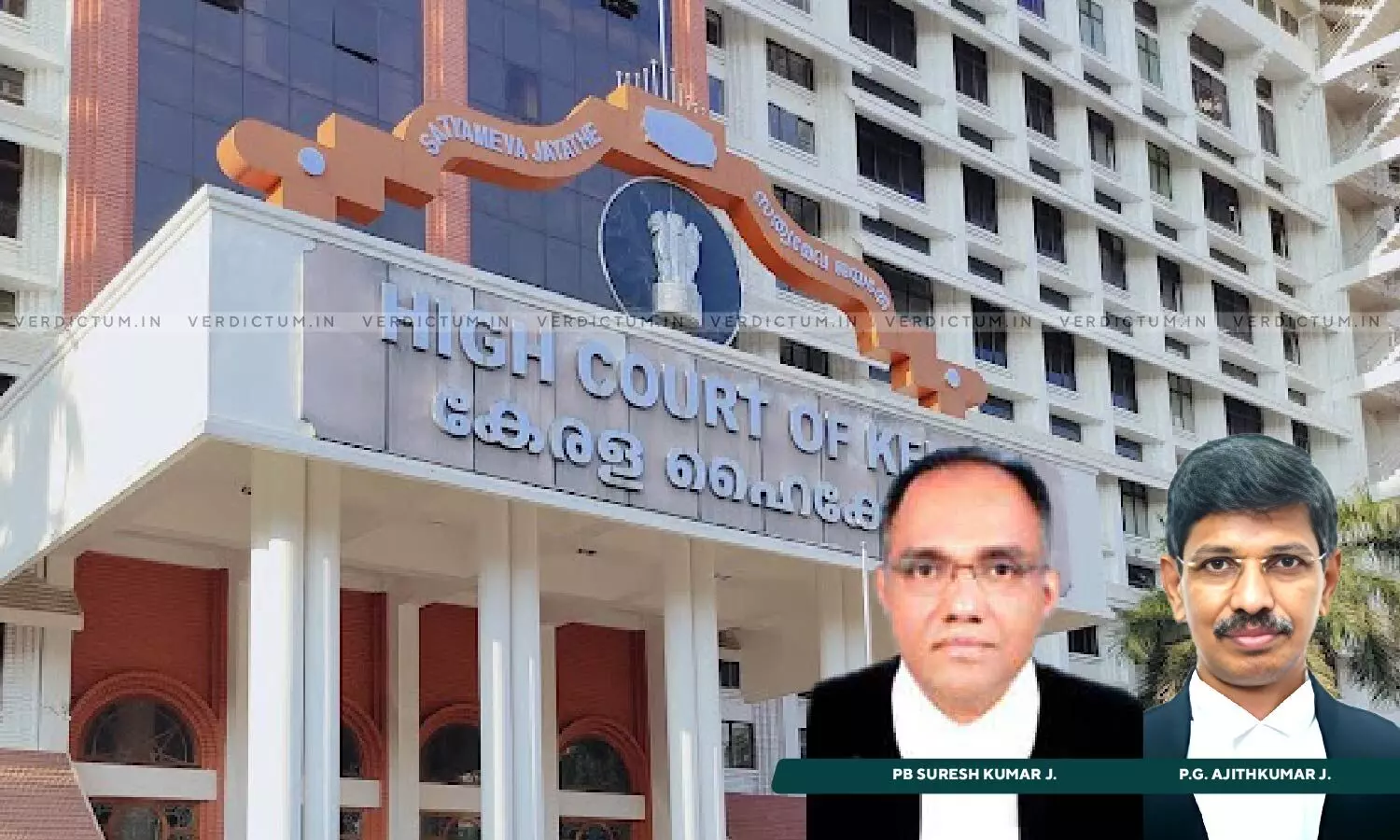
Disclosures Made Not Recorded In Language Spoken By Him: Kerala HC Acquits Man Proficient In Hindi Who Failed To Disclose Statements In Malayalam
 |
|The Kerala High Court has acquitted an accused being proficient in Hindi as he failed to disclose statements in Malayalam language. The accused preferred an appeal under Section 374(2) of CrPC as he was convicted and sentenced for the offences punishable under Sections 449, 302, and 397 of IPC.
A Division Bench of Justice P.B. Suresh Kumar and Justice P.G. Ajithkumar observed, “… what is to be seen is whether the accused was proficient in Malayalam at the time when he made the alleged disclosures. It is seen from the evidence of PW17 that it was with the assistance of one Shaik Ameed, a Civil Police Officer who was proficient in Hindi that the investigation of the case had been conducted. PW17 admitted in his cross-examination that the disclosures have been made to him by the accused in Hindi and the same have not been recorded in the language spoken by the accused, but only in Malayalam as he was not proficient in Hindi.”
The Bench said that the conviction of the accused is unsustainable in law and the same is liable to be interfered with.
Advocate Sarath Babu Kottakkal represented the accused/appellant while Senior Public Prosecutor Alex M. Thombra represented the State/respondent.
Facts of the Case -
A man who gave evidence in the proceedings as a witness made arrangements for starting a hollow bricks manufacturing unit at a place and engaged the deceased, a native of West Bengal for the said purpose. The deceased was introduced to the said man by the accused, who was also a native of West Bengal. When the said man arrived at the unit for conducting a religious ceremony in connection with the opening of the unit, he found the deceased lying on the floor of the office room of the unit in a pool of blood with a cut injury on his neck. Based on the information furnished by the man, Police registered a case under Section 302 IPC. The investigation of the case was taken up later by the Circle Inspector of Police and during investigation, he arrested the accused.
On committing the case for trial, since the accused denied the charge framed and read over to him by the Court of Session, the prosecution examined 21 witnesses. As the Court of Session did not find the case to be one fit for acquittal under Section 232 of the Code, the accused was called upon to enter on his defence, and since the accused did not adduce any evidence, he was convicted and sentenced based on the evidence adduced by the prosecution, after affording the accused an opportunity to explain the incriminating circumstances appeared against him in the evidence let in by the prosecution. As the accused was aggrieved by the conviction and sentence imposed on him, he approached the High Court.
The High Court in view of the facts and circumstances of the case noted, “The fact that no electric post is shown in the surroundings of the unit of PW1 by PW13 in Ext. P13 sketch is not in dispute. If that be so, if the surroundings would be pitch-dark at about 10 p.m., according to us, it may not be possible for anyone to identify a person at a distance of about 10 to 20 meters.”
The Court said that being a case on circumstantial evidence, it is obligatory for the prosecution to prove each and every circumstance forming the chain of circumstances to prove the guilt of the accused.
“In this context, it is necessary to clarify that we are not disbelieving PW3. This might be a case where PW3 must have gone to the surroundings of the unit on the relevant day at the relevant time and he might also have seen somebody proceeding at that time to the office of the unit. Still, we are not placing reliance on the evidence tendered by PW3 taking the stand that the error of judgment, if any, made by PW3 shall not result in an incorrect finding being rendered by this Court”, further observed the Court.
The Court noted that from the circumstances alone, it is not possible to conclude that it is the accused who caused the death of the deceased, especially when no one has seen the accused together with him before his death, to apply the “last seen together” theory, if at all the same applies.
Accordingly, the High Court allowed the appeal, set aside the judgment, and acquitted the accused.
Cause Title- Sanath Roy v. State of Kerala (Neutral Citation: 2023:KER:60933)